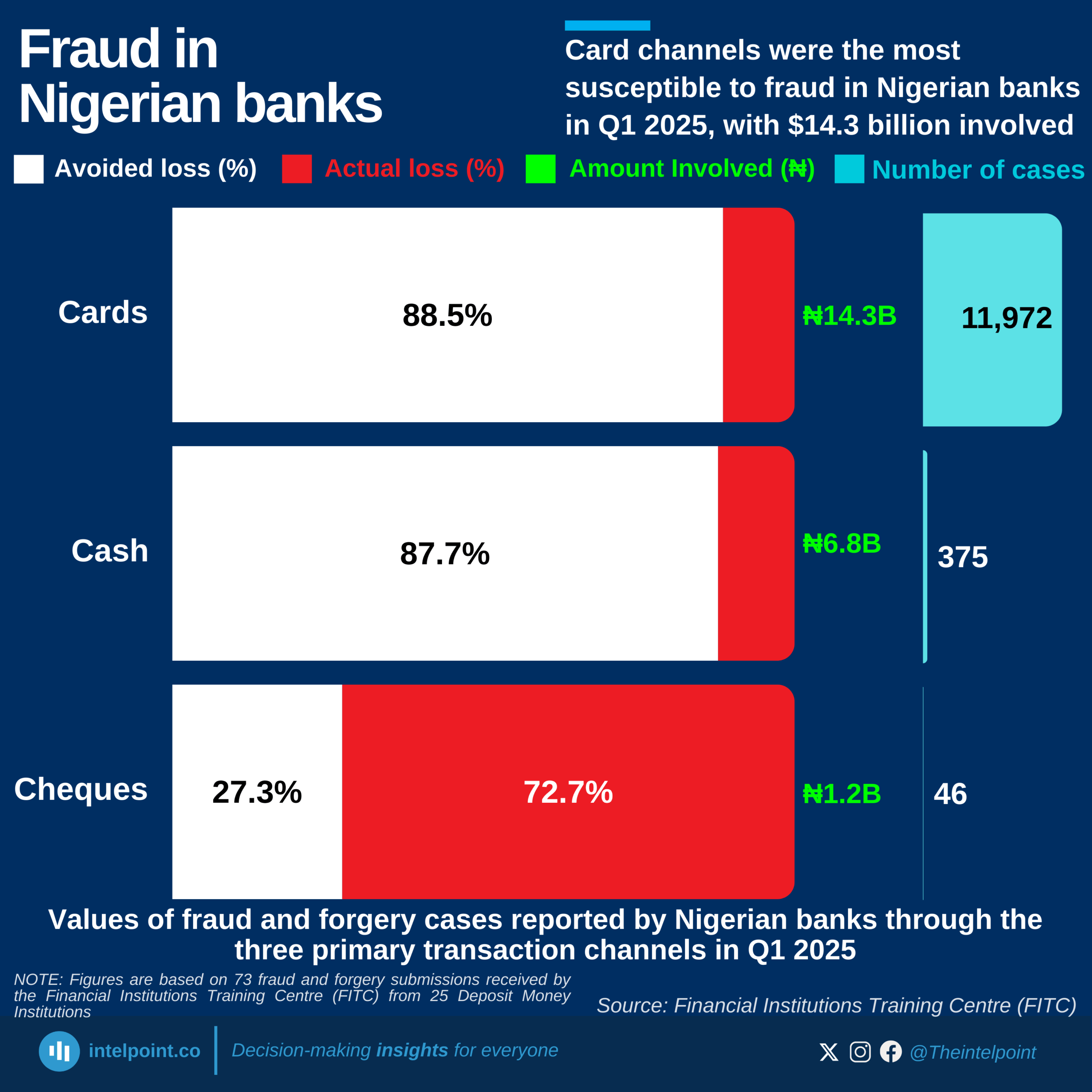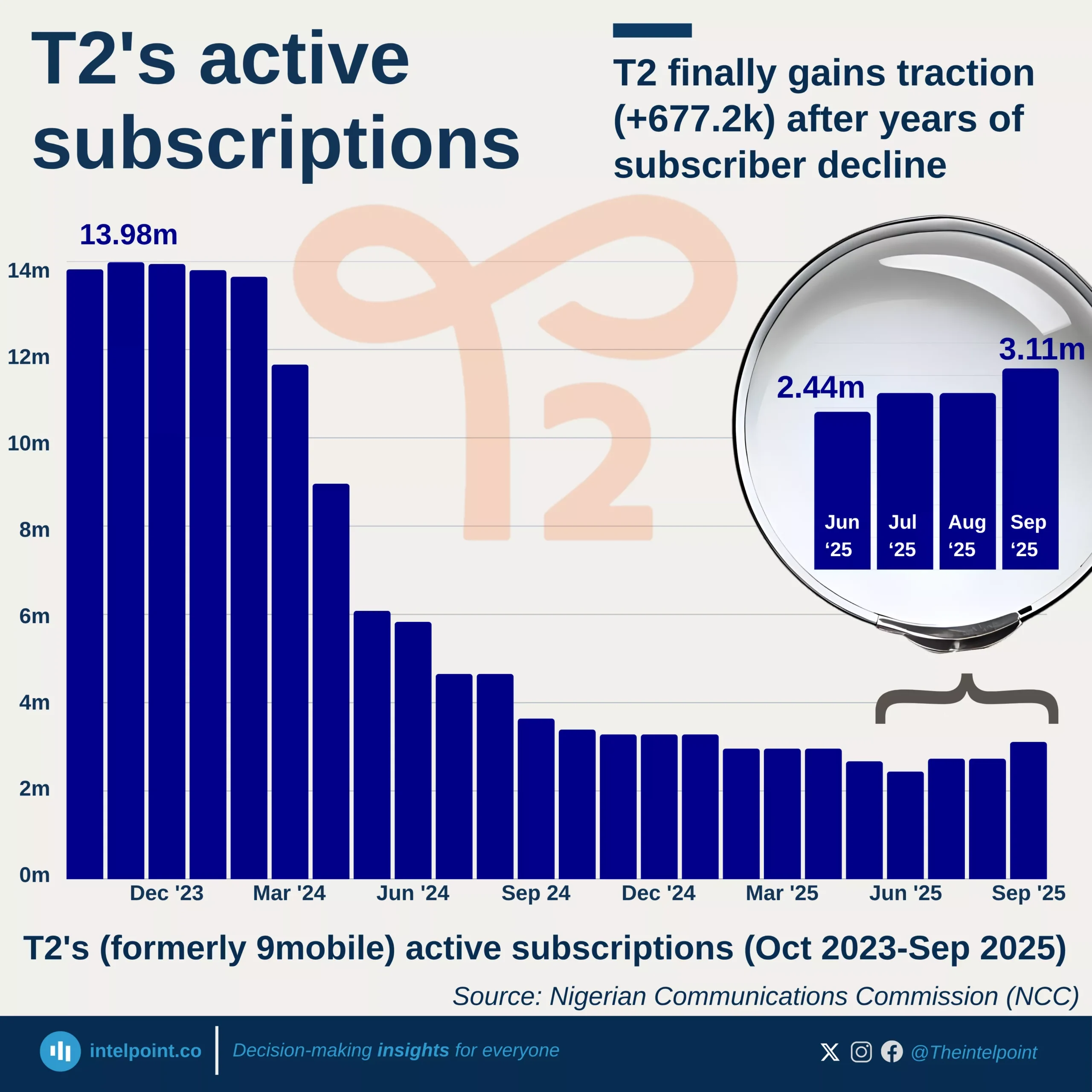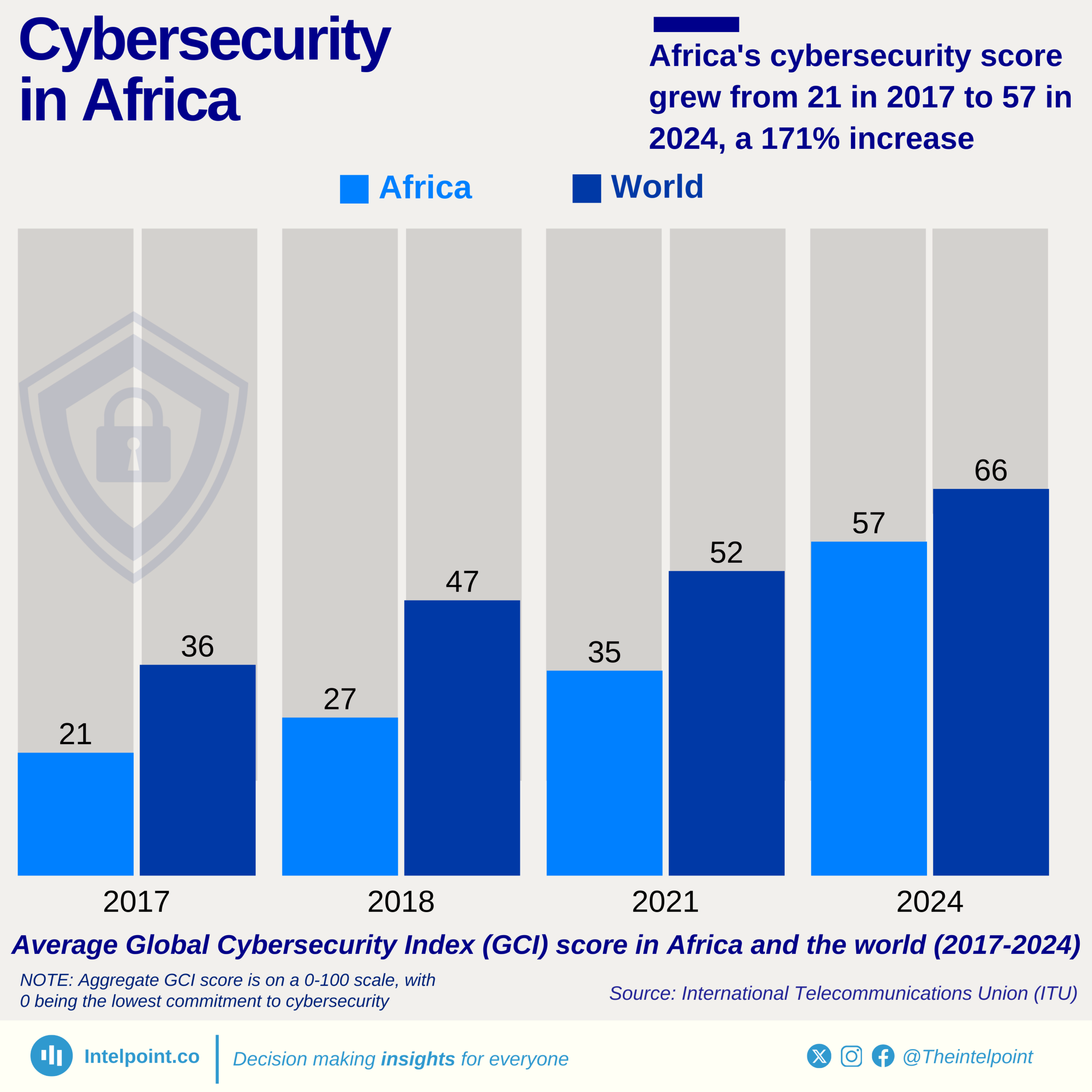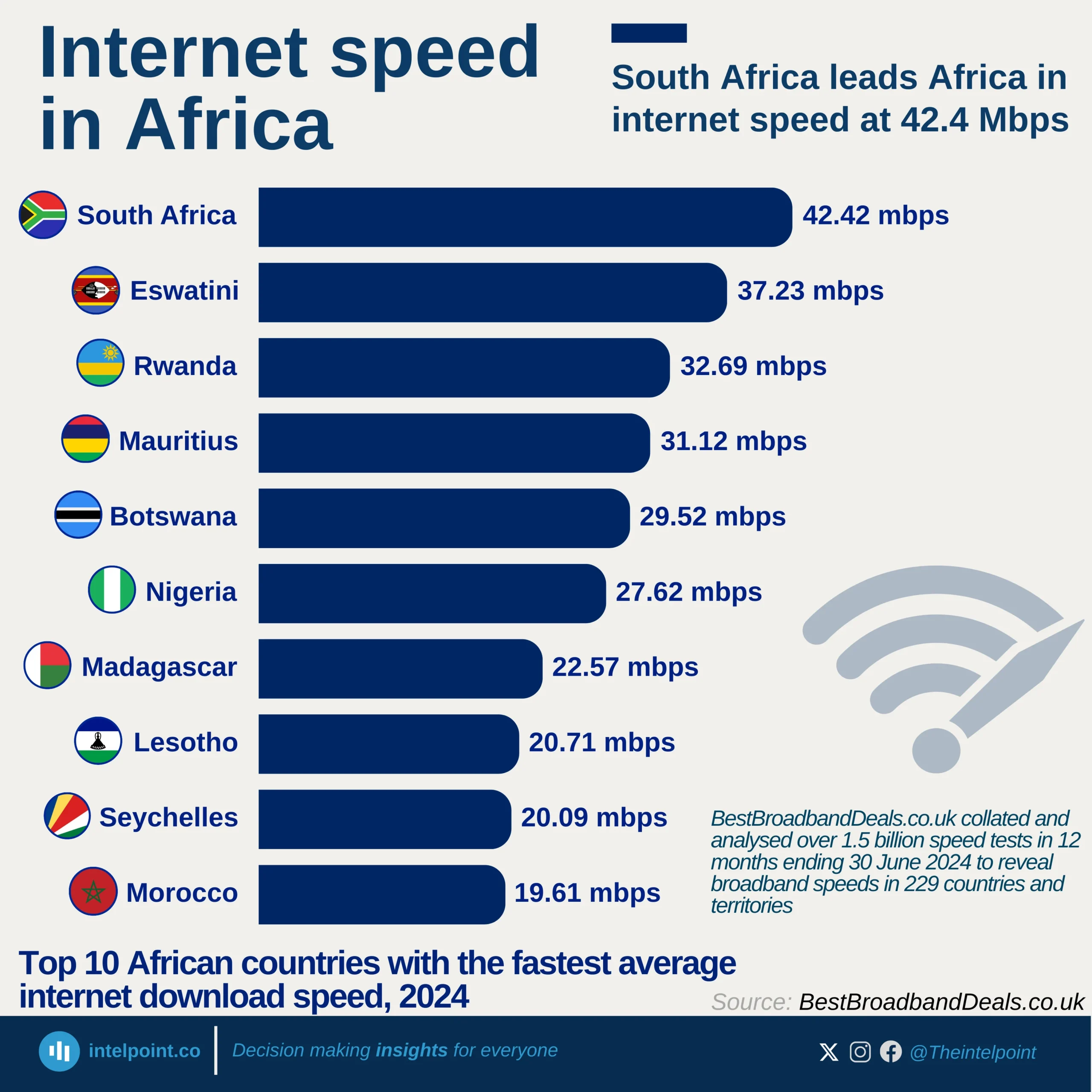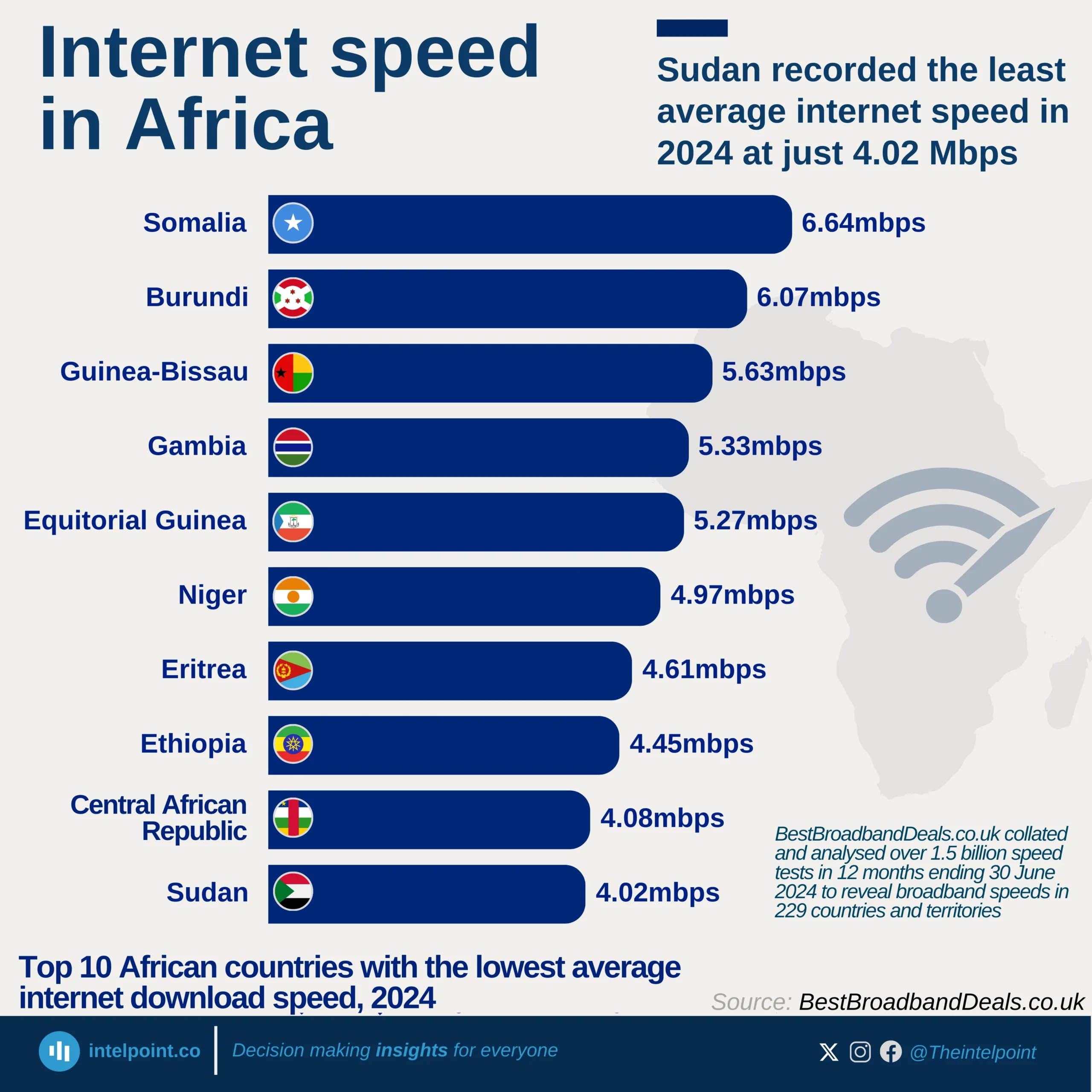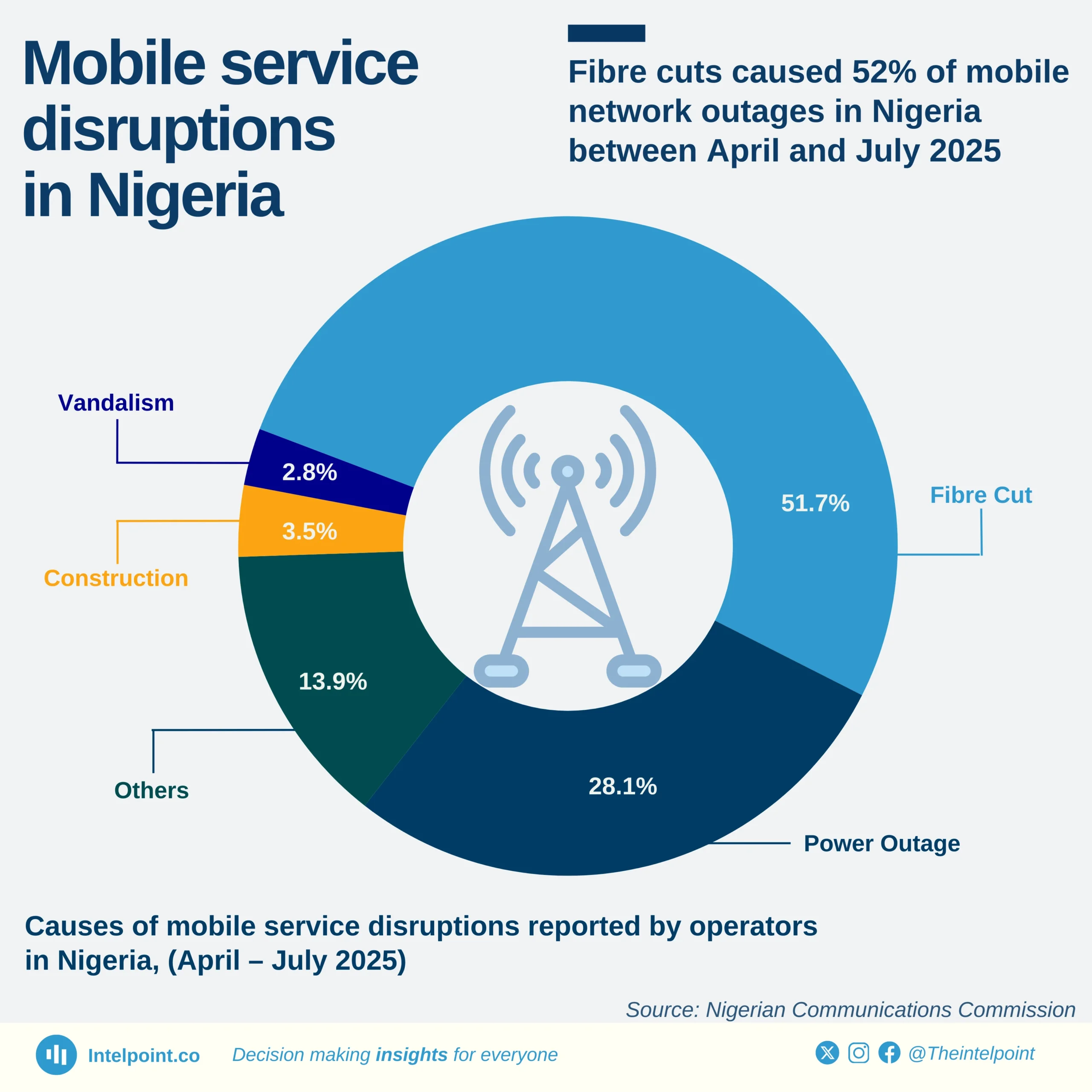9mobile’s story is a long-running struggle that turned critical after 2017. From H2 2013 to H1 2020, it still attracted more joiners than leavers. But service strain and stalled investment flipped the trend: from H2 2021 onward, more subscribers ported to other networks than arrived, and the gap widened fast.
H2 2024 recorded just 150 incoming against 28,885 outgoing, while H1 2025 fell to 21 incoming versus 24,802 departures. This sustained deficit drained market share, damaged trust and loyalty, and severely limited the cash and confidence needed to modernise the network, trapping the brand in a cycle of poorer quality and rising churn.
The company has now rebranded to T2, aiming to break that cycle with a fresh identity, clearer service promises, and tighter retention. If the new strategy translates into better coverage and reliability, the porting tide can [slow, and] the operator can shift from crisis management to a measurable recovery.
